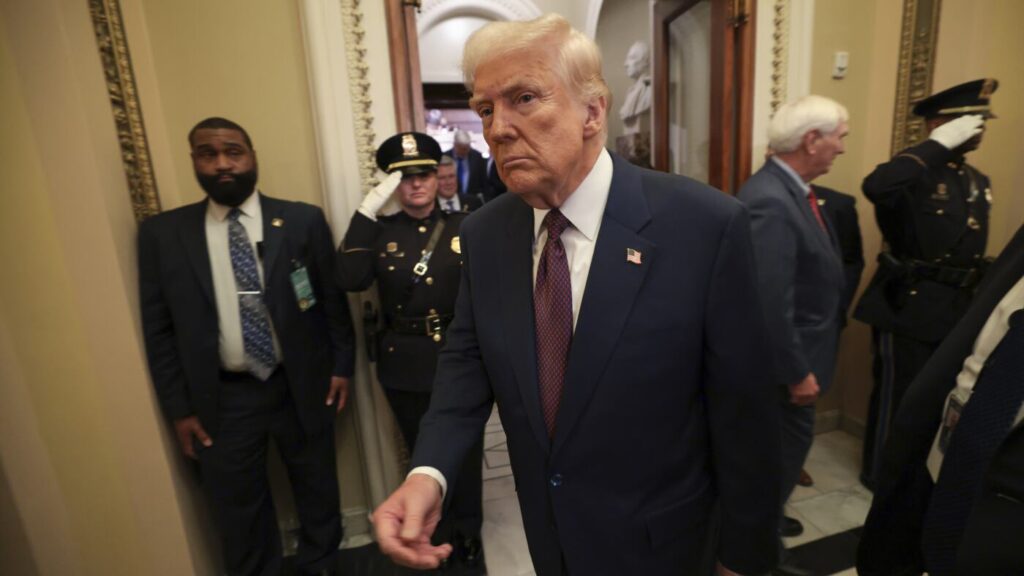In a recent legal battle, an appeals court in Washington granted the Trump administration the authority to remove Hampton Dellinger as the head of the Office of Special Counsel. Dellinger, who was fired by President Trump despite legal constraints, promptly filed a lawsuit challenging his dismissal, citing protections that limit the president’s ability to remove special counsels without just cause. The court ruling, favoring the administration’s stance that the law safeguarding the special counsel’s position is unconstitutional, has sparked concerns about the potential repercussions on whistleblower protections and government accountability.
The Office of Special Counsel plays a vital role in safeguarding the federal workforce from unlawful employment actions, particularly in cases of whistleblower retaliation. Notably, in response to Dellinger’s case, a government panel mandated the reinstatement of over 5,000 employees terminated by the Trump administration at the U.S. Department of Agriculture, highlighting broader implications beyond Dellinger’s individual situation.
Despite initial legal victories in reinstating Dellinger to his post, ongoing legal wrangling persists, with Dellinger likely to appeal to the U.S. Supreme Court. The outcome of this legal saga carries significant implications for the autonomy of the special counsel’s office, the protection of whistleblowers, and the broader landscape of government accountability.

